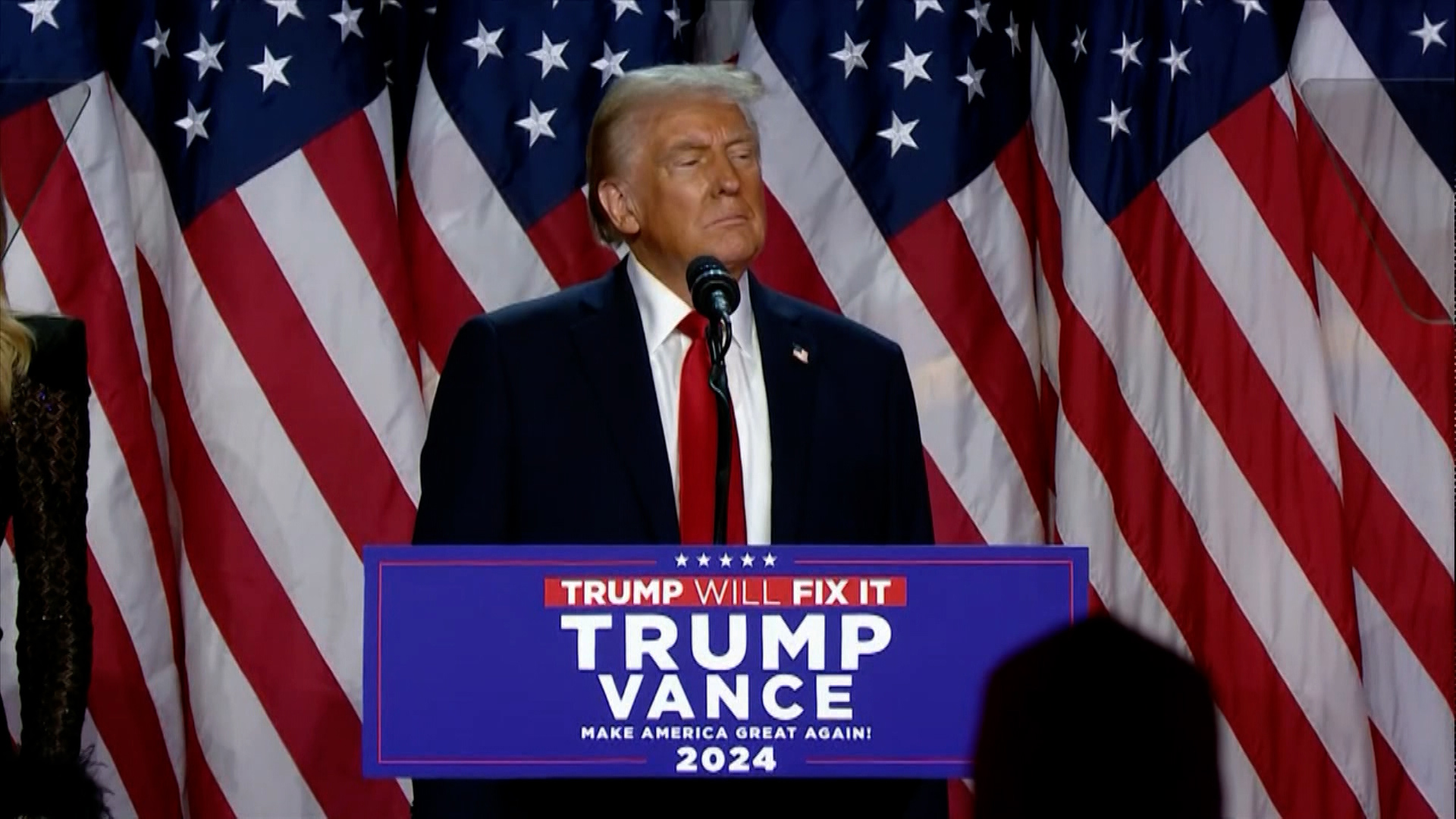STANISLAUS COUNTY, Calif. — The race between Congressman Josh Harder (D) and Republican Ted Howze in California’s 10th Congressional District is not the tossup that the 2018 contest was, according to the Cook Political Report.
In the course of two years, the Republican and Democrat battleground district went from tossup to “Likely Democrat,” even after being previously dominated by a Republican congressman for years.
Cook Political lists the race as “Likely Democratic” and Sabato’s Crystal Ball moved it from “Likely Democratic” to “Safe Democratic.”
The ratings partially stem from the sites’ views on the last election, fundraising from the candidates, endorsements, and registration statistics that have trended toward the Democrats, according to Keith Smith, professor of Political Science at University of the Pacific.
However, Howze also carries what Stephen Routh, a political science professor at Stanislaus State University, calls a “self-inflicted wound.”
The Republican challenger made headlines back in May after a Politico story unearthed old social media posts from January 2017 to March 2018. Politico reported that the posts “demeaned Muslims, accused prominent Democrats of murder, and mocked a survivor of the Parkland school shooting.”
Howze told Politico that the posts were written by others who had access to his accounts, called the posts “negative and ugly ideas,” and said they didn’t represent his values.
Regardless, he lost the support of national and state Republicans in the contest.
“We’re not going to dwell on what the DC or Sacramento party bosses want to do,” Howze told ABC10. “We know the truth. This community knows the truth. It knows me. It knows my family. It knows what we stand for.”
Despite the claim from Howze that there was no impact on his campaign, Routh and Smith both believe the social media posts left some issues for the campaign to deal with.
“They (The Republican Party) rescinded all their endorsements and took away all the money they had promised to fight against Harder for re-election,” Smith said.
“That really hurt Republican donations to Howze, which set him back against Harder,” Routh said. “I think that’s one of the things that hurt him substantially, that his personal reputation has been injured by that.”
Smith said District 10 was supposed to be a repeat of the battle seen in 2018, with the Republican Party supporting Howze in an attempt to reclaim the seat. Smith said the loss of that support leaves Howze on his own and without the ability to raise the kind of money that made the 2018 battle a nail biter between Harder and Republican Jeff Denham.
“I think if the Republican party had not disowned him and followed through with all of the investment that they had initially promised, then… you wouldn’t be seeing it on those sites as ‘Solidly Democratic’ or ‘Likely Democratic,’” Smith said. "They would have it as much more competitive.”
While the ratings from these groups aren't in his favor, Howze believes the support is there to make the race competitive.
“They (rating groups) haven’t been working in the district like we have,” Howze said. “Well over 100,000 doors knocked on, several hundred thousand phone calls - this is truly a purple district. There’s no doubt about it, but there are issues in this year… that are turning this purple district red.”
Routh believes that Howze’s “self-inflicted wound” will be hard to bounce back from, if at all.
“Nothing is going to kind of counter the social media posts, which again are pretty problematic,” he said.
However, Smith thinks the Crystal Ball and Cook Political Report ratings might be overestimating the strength of Democrats in the area.
“Personally, I believe that’s a little bit of a mistake because it’s not a district that is overwhelmingly Democratic in its voting,” Smith said.
He said the area was reliably Republican for a long time, but, like many other districts, it has been changing over time.
Routh added that the district has seen an influx of blue voters moving into the formerly red area, which he believes is due to the housing crisis in the Bay Area.
"It’s become a bedroom community of the Bay Area, because it’s inherently more affordable,” Routh said.
Smith said that balance of Republican and Democratic voters eventually shifted to the point where it became competitive. It got to the point where Hillary Clinton outperformed Donald Trump on the ballot for District 10. By 2018, Governor Gavin Newsom was bested by Republican John Cox by a single percentage point.
It’s still a competitive area.
RELATED: Drive-in, Walk-in, and mail | Here’s all you need to know about voting in San Joaquin County
Routh said Howze was seen a “pseudo-quality” candidate in part because he had run for Turlock City Council and won, however, Routh believes Howze's name recognition is minimized because Howze hasn’t run for county-level or state-level contests.
By contrast, Smith said Howze is well-known and well-liked in the district. He’s even had his own students tell him about all the places they’ve seen Howze on the campaign trail.
“I think that the national rating groups are overrating Harder’s strength in the district, but there are good reasons why they think it’s not as competitive as it was in 2018,” he said.
According to Political Data, more than 7,000 ballots have been returned in District 10 and more than half of those votes, so far, are from the Democratic Party.
Howze still carries endorsements from 10 out of 13 mayors in the district, the Stanislaus County Republican Party, and some police unions. He remains confident that the district could still turn red in this election.
WATCH ALSO: How do you track and get data from ballots in the 2020 election in California? | Election Q&A



